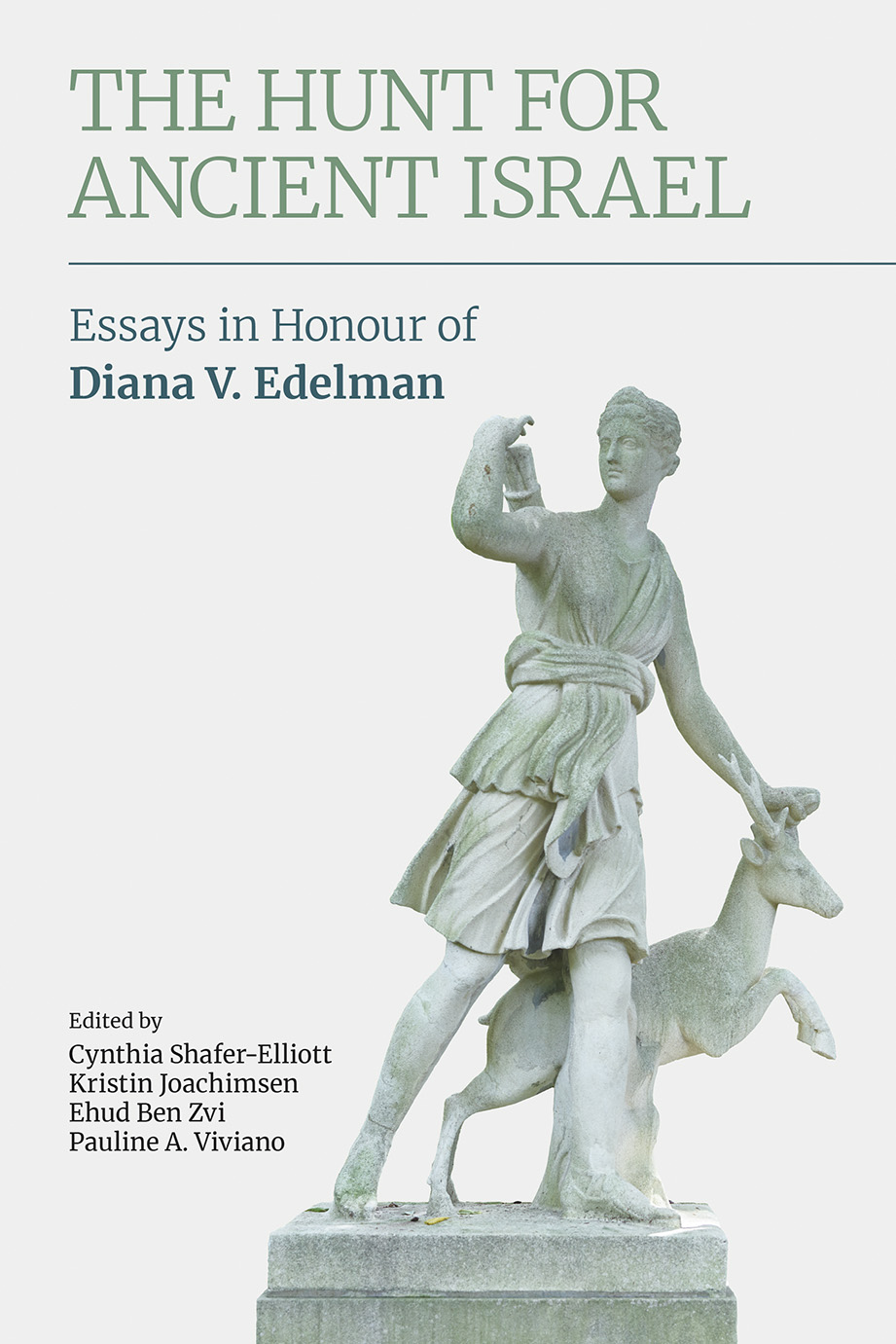Reviews
If the history of scholarship has shown us anything, it’s just how insightful historical investigation can be—so long as the guild is committed to reconsidering old ideas and infusing the conversation with novel methodologies. This festschrift is an example of the freshness that can characterize historical investigations and the study of ancient historiography. While some essays are shorter than others and create the impression that they are more tangential ideas rather than fully developed theses, and while there is a detectable fascination with the implications of the Persian period for ancient Israel’s historical consciousness in many of the essays, all of them contribute something to the historical conversation of ancient Israel. Consequently, this volume is a worthy celebration of Edelman, and it is one that will further her influence well beyond her immediate sphere.The Catholic Biblical Quarterly








